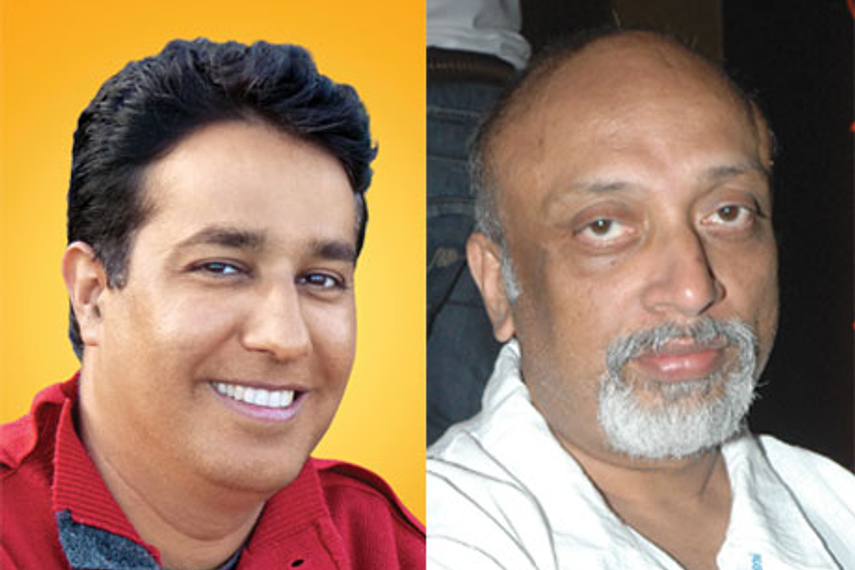
Nitin Makdani, business head, LG Ad India
K V Sridhar, national creative director. Leo Burnett India
Does it make sense for in-house creative agencies to exist in this present advertising space? Are there any benefits?
NM: What one gets is an undivided attention to the brand/ product from the resources. The people at the in-house agency are aware of the global developments, executions in other markets, learning and developments across categories, and bring in the umbrella thought of the brand alive during the creative developments.
At operational levels, it gives great efficiencies and consistency in the communication. Just to cite an example, from my earlier experience of working in an in-house agency, we were working on the microwave category and the new models were coming up during the festive period. The TVC was being shot for the same. Simultaneously, there was corporate communication being developed for the entire range being showcased and each product category had roles to play. The agency played a pivot role in ensuring that there were consistencies in the communication, since they were handling the entire range. May be, two different agencies could have missed this.
Besides, one can truly offer 360 degree solutions for the campaign, as the teams across functions are sitting under one roof. Eg. At LG Ad, we have an architect and retail specialist as employees, sitting in our office, interacting with creative head for the development of in-shop creatives.
Also the in-house agencies bring in lot of transparencies in the commercial transactions. There are no hidden costs here.
KV: It doesn’t make any sense in this day and age. It used to make a lot of sense when Hindustan Levers created Lintas and also when Reliance created Mudra. Those days, agency commissions used to be very big at 15%. It was a sizeable amount for clients to save money and then put it into the business. There were no discounts. So those were the times when clients want to save money and start their own advertising agencies because there is no financial risk and they could make payments directly.
These days, creative agencies are purely creative agencies and they don’t have anything to do with media payments and commissions. In fact, if the client spends Rs 100 crores, instead of giving Rs 15 crores he will give only Rs 5 crores to different agencies including creative, digital and media. Money has become bigger and today you can negotiate the price for getting things done. So, it makes absolutely no sense to have your own agency because the client can save money by negotiating instead of an in-house agency.
The second question of service remains. And, every client knows that if they want to get good guys to service their business, they have to pay them lot of money. If you get professionals and pay them lots of money, they are not going to hang around for one client. And, then you have to make that business independent. If you make it independent, then it may not be lucrative to diversify into advertising while they can diversify and spend their energies into other things like when Reliance found out that it does not want to concentrate on Mudra. Therefore, it is not a lucrative business for big clients to get into.
There are only a handful of in-house agencies at present; do you see this trend growing?
NM: It all depends on the requirements of the companies. But as the trend suggests, clients are already hiring experts across functions, and creating in-house divisions. So you have media people, researchers, retail specialist and many a times a skeleton creative team within the company to design the in-house communications.
KV: I think it is still a Korean and Japanese mindset. In Japan, most of the agencies are owned by Dentsu and it has equity with all clients. So, we cannot enter Japan without any tie-up with Dentsu. That is why Japanese companies have everything in-house. And, Koreans also find it difficult to work with different cultures globally. So, if you look at the market, Korean brands are more popular than the Korean advertising agencies. There, actually the clients are dragging agencies to learn from them. It is a mutual thing on how do they push to match up Korean marketing, so that they can understand each other much better. If you take away these Japanese and Korean companies, huge companies which get into the business will make it an independent plan.


.jpg&h=334&w=500&q=100&v=20250320&c=1)




.jpg&h=334&w=500&q=100&v=20250320&c=1)


.jpg&h=334&w=500&q=100&v=20250320&c=1)

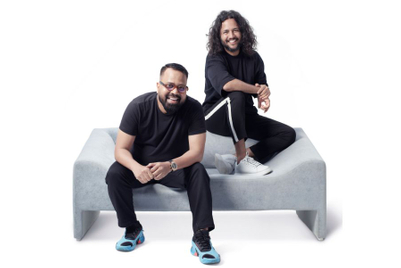
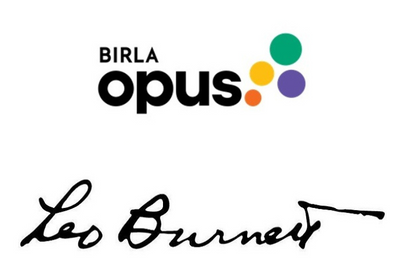
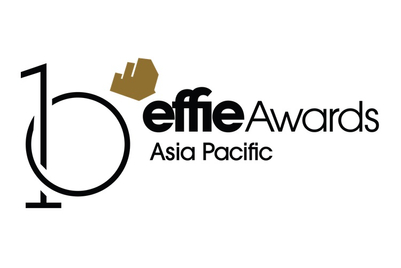


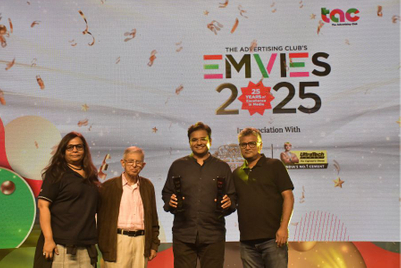

.jpg&h=268&w=401&q=100&v=20250320&c=1)
